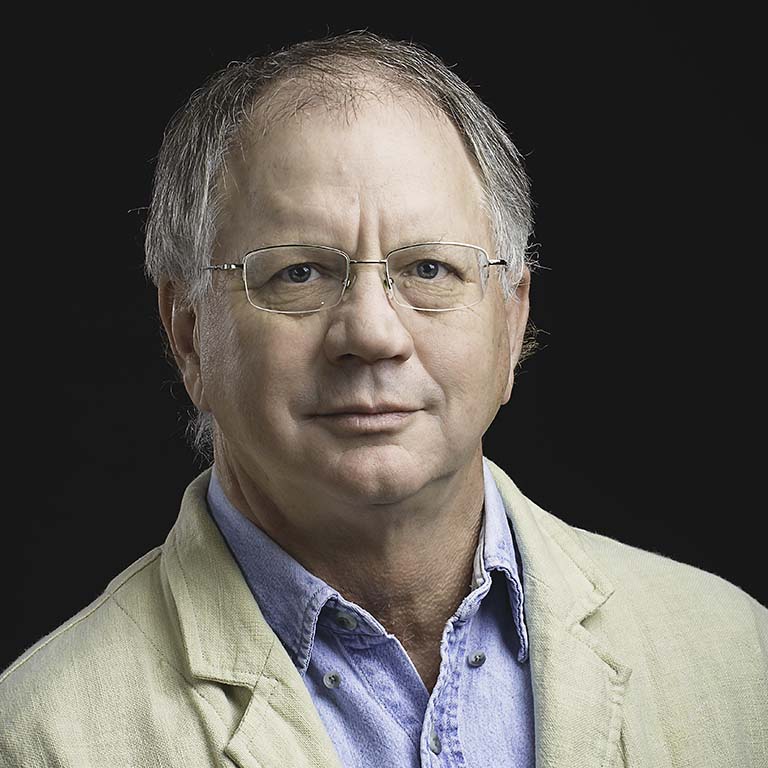Curtis M. Lively
Distinguished Professor - 2011

Why species have different sexes has been an area of intense interest for scientists. Indiana University Bloomington evolutionary biologist Curtis Lively (B.S., '77, Arizona State; Ph.D., '84, University of Arizona) was the first to provide hard, scientific evidence that something unexpected -- parasitism -- spurs host species to reproduce sexually.
In making the point, Lively invoked the University of Chicago's Leigh Van Valen's 1973 Red Queen Hypothesis, which argues that in a changing and challenging environment, species must continually evolve and adapt if the members of that species are merely to maintain their present evolutionary fitness. Asexuality has its benefits. But sexual reproduction may be favorable when a host species is under siege by parasites. The reason? Parasites tend to specialize in one type of physiology. Not two. Sexes, Lively showed, present parasites with a sort of physiological "moving target."
According to Lively's peers, a hallowed place in the literature seems certain for him. "I am sure that when the puzzle of the evolution of sex is regarded as being solved, the name of one great scientist will stand out: Curt Lively," says Manfred Millinski, professor of biology at the Max Planck Institute for Evolutionary Biology in Plön, Germany.
Lively received the IU Bicentennial Medal in September 2020 in recognition of his distinguished contributions to Indiana University.

